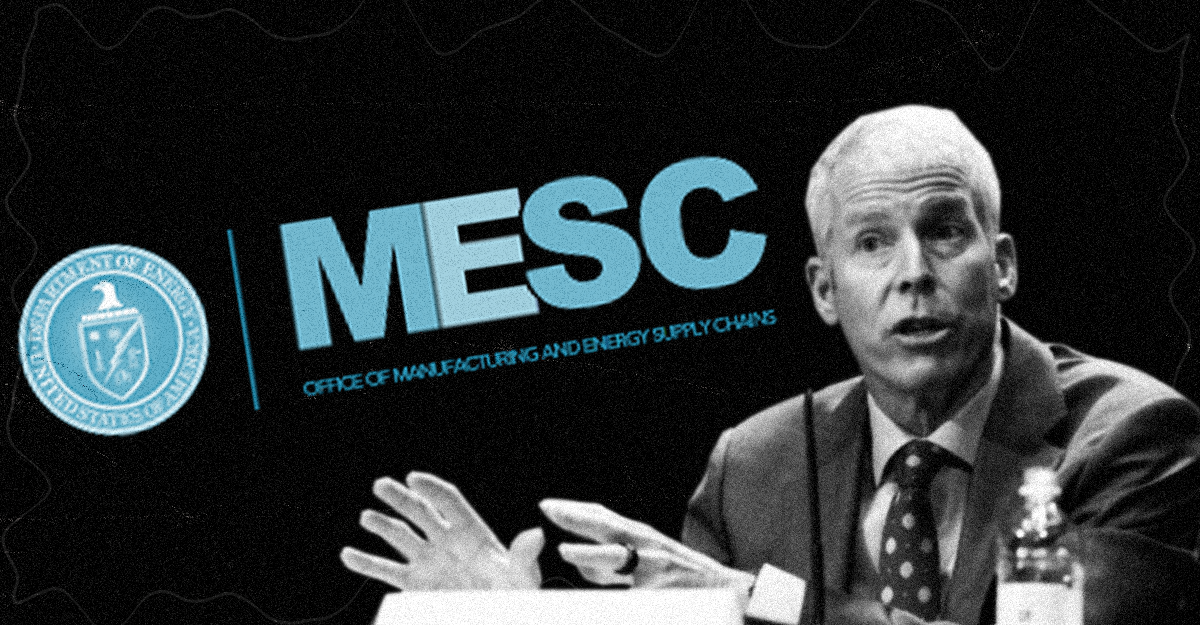Power Play: How One DOE Office Could Reshape America's Energy Future

The Trump administration stands at a pivotal moment to dramatically accelerate America's energy leadership through the Middle East Strategic Cooperation (MESC) initiative. By collaborating closely with Congressional leaders, the administration can solidify MESC's strategic mission and transform the United States' energy landscape.
This unique opportunity presents a critical pathway to enhance national energy security, strengthen diplomatic relationships in the Middle East, and position the United States as a global energy powerhouse. Establishing MESC as a permanent strategic framework will not only bolster economic interests but also provide a robust platform for long-term geopolitical engagement.
Successful implementation requires a unified approach, bringing together executive and legislative branches to craft a comprehensive and sustainable energy strategy. By doing so, the administration can unlock unprecedented potential for American energy dominance, creating lasting economic and strategic advantages for the nation.

